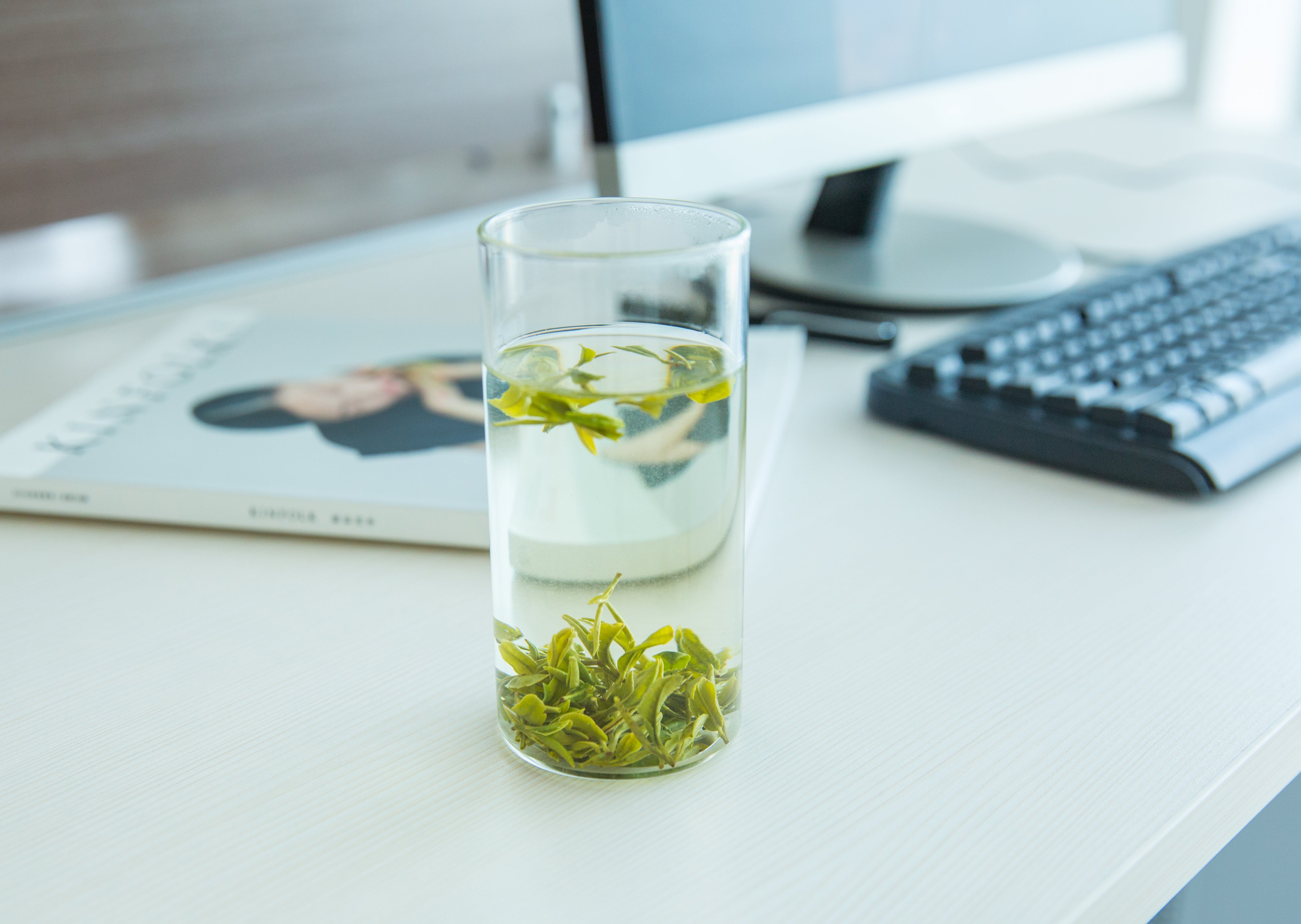Chinese Tea Caffeine: Unlocking the Secrets of Green Tea

Caffeine Content: A Comparison of Chinese and Japanese Green Teas
When it comes to caffeine levels, Chinese and Japanese green teas are remarkably similar. Chinese green teas, a popular choice among tea enthusiasts, typically contain around 30-35 milligrams of caffeine per 8-ounce cup. This is quite close to the caffeine content of Japanese green teas, which usually fall within the range of 25-30 milligrams per cup. This slight difference in caffeine levels can be attributed to the specific processing methods employed in each country.
Chinese Tea Caffeine: Unveiling Green Tea's Energizing Effects
While often associated with relaxation and tranquility, green tea, particularly those hailing from China, possesses a subtle yet noticeable energizing effect. This invigorating quality stems from the presence of caffeine, a natural stimulant found in tea leaves. Although the caffeine content in green tea is lower than that of coffee or black tea, it provides a sustained and gentle energy boost. This makes green tea an excellent choice for those seeking a pick-me-up without the jitters or crash associated with higher-caffeine beverages.
Let's delve deeper into the energizing properties of green tea:
- Sustained Energy Release: Green tea's caffeine is released gradually, providing a longer-lasting energy boost compared to other caffeinated beverages. This makes it ideal for maintaining focus and alertness throughout the day.
- Improved Mental Clarity: Green tea's caffeine has been linked to enhanced cognitive function, promoting sharper focus, better memory, and improved reaction time.
- Mood Enhancement: The caffeine in green tea can elevate mood and reduce fatigue, contributing to a more positive and energized state of mind.
Green Tea's Energizing Effects: Chinese Tea Caffeine Unleashed
The caffeine content in Chinese green tea isn't just about numbers. It's about the unique experience it offers. While the caffeine level is similar to a cup of coffee, the effects of green tea are known to be more gentle and sustained, offering a sense of focus and alertness without the jitters often associated with coffee. This is because the caffeine in green tea is accompanied by L-theanine, an amino acid that promotes relaxation and a sense of calm. This synergistic effect creates a state of focused calm, allowing you to enjoy the benefits of caffeine without the accompanying anxiety.
Think of it like this: green tea provides a gentle, long-lasting energy boost without the rapid highs and lows of other caffeinated beverages.
| Feature | Description |
|---|---|
| Caffeine Content | Similar to a cup of coffee. |
| Effects | More gentle and sustained, offering focus and alertness without jitters. |
| Synergistic Effect | Caffeine combined with L-theanine, an amino acid promoting relaxation and calm. |
| Result | Focused calm, allowing you to enjoy caffeine benefits without anxiety. |
| Energy Boost | Gentle, long-lasting energy boost without rapid highs and lows. |
Green Tea's Caffeine Content: A Chinese Tea Perspective
Delving deeper into the realm of Chinese tea, we find that caffeine levels can vary within different types of green tea. While a general range of 30-35 milligrams per 8-ounce cup holds true for many varieties, specific nuances exist. For instance, Yunnan green tea, renowned for its unique flavor profile, often boasts a slightly higher caffeine content compared to other Chinese green tea varieties. Conversely, Longjing green tea, prized for its delicate and floral notes, may contain slightly less caffeine. These variations are attributed to factors such as the tea's growing environment, processing techniques, and the specific cultivar of tea plant.
Understanding these nuances allows tea enthusiasts to make informed choices based on their individual preferences and caffeine sensitivity. If you seek a gentle, invigorating experience, opting for a Longjing green tea might be ideal. Conversely, those who desire a more robust caffeine kick might gravitate towards a Yunnan green tea.
Chinese Tea Caffeine Conclusion
In conclusion, understanding Chinese tea caffeine is key to appreciating the unique qualities of green tea. While similar in caffeine content to Japanese green tea, Chinese green tea offers a distinct experience, providing a gentle and sustained energy boost without the jitters or crash often associated with other caffeinated beverages. The presence of L-theanine, an amino acid that promotes relaxation and a sense of calm, further enhances the energizing effects of Chinese tea caffeine, creating a state of focused calm.
Whether you are seeking a pick-me-up during the day, a beverage to enhance focus and mental clarity, or a way to relax and unwind, Chinese green tea offers a range of options to suit your individual preferences. Its unique caffeine content, coupled with its soothing and invigorating properties, makes it a versatile and enjoyable beverage for tea enthusiasts of all levels.
Chinese Tea Caffeine Quick FAQ
How much caffeine is in a cup of Chinese green tea?
A standard 8-ounce cup of Chinese green tea typically contains 30-35 milligrams of caffeine. This is comparable to the caffeine content of Japanese green teas.
Does green tea provide a significant energy boost?
Yes, green tea does offer an energizing effect. While its caffeine content is lower than coffee or black tea, the caffeine in green tea is released more gradually, providing a sustained and gentle energy boost. This makes green tea a good choice for those who want a pick-me-up without the jitters or crash.
Are there any specific types of Chinese green tea with more or less caffeine?
Yes, different Chinese green tea varieties can have slightly different caffeine levels. For example, Yunnan green tea is known for its bolder flavor and slightly higher caffeine content, while Longjing green tea is known for its delicate floral notes and may contain less caffeine.
-
Posted in
Green Tea
